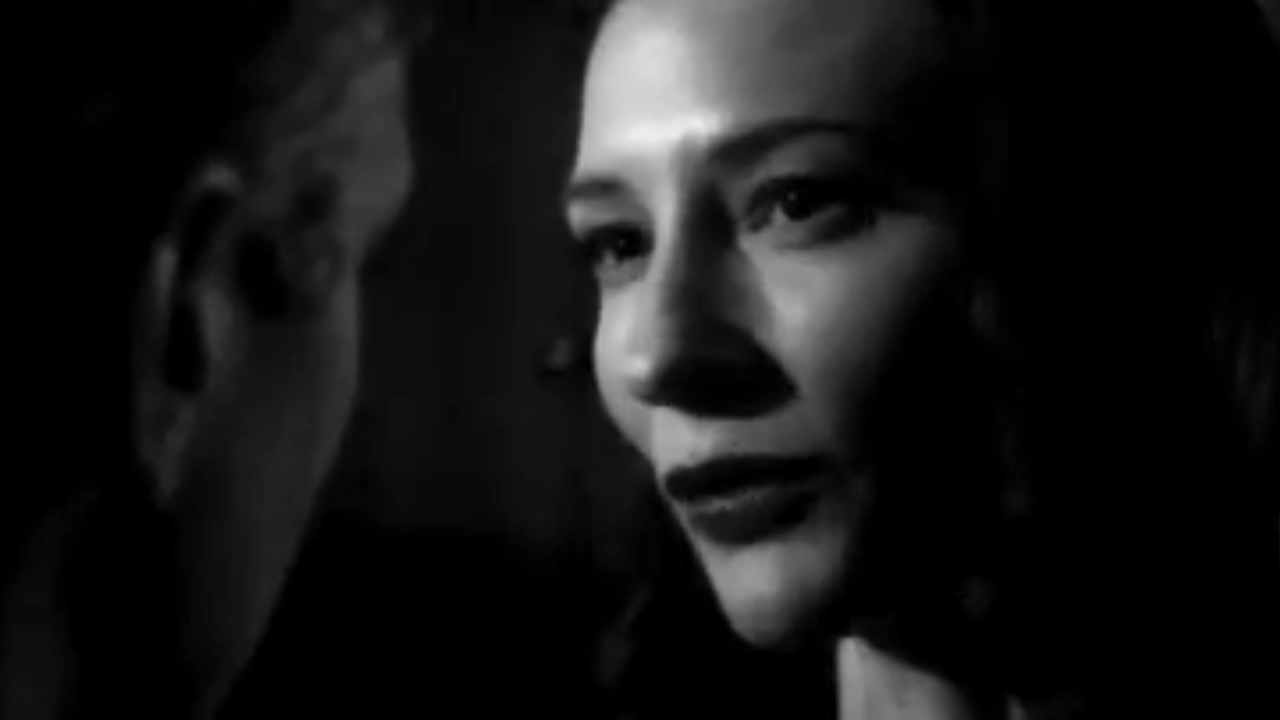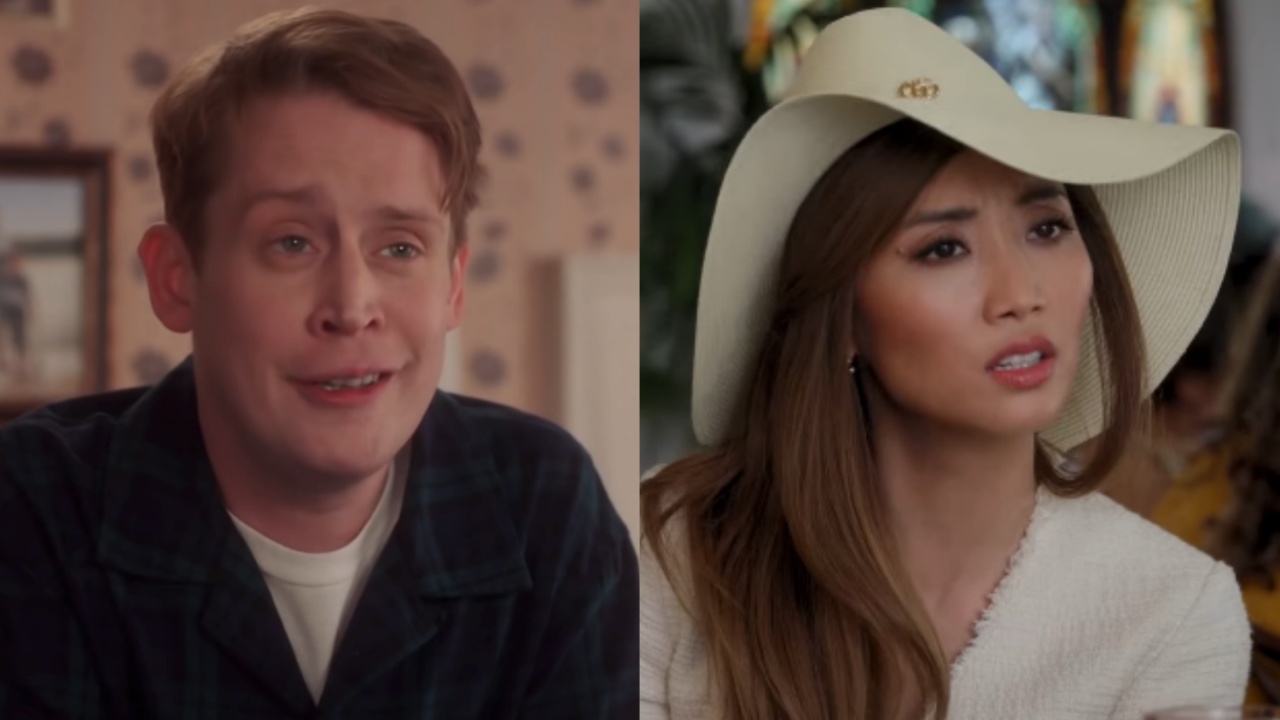Interview: Cate Blanchett

Your Daily Blend of Entertainment News
You are now subscribed
Your newsletter sign-up was successful
If you’ve gone to the movies this fall, you’ve seen a lot of Cate Blanchett. Between Babel, The Good German and Notes on a Scandal, she’s bound to at least have a trailer playing in your multiplex. But Blanchett only came out for interviews once, on behalf of The Good German, and explained how this crazy Cate Blanchett Film Festival came to be.
“Look, if I had my way, I’d have Christmas off,” she joked. “Maybe you should speak to the studios. I had about six or nine months off, and then I made Babel which was three weeks, and then Notes on a Scandal which was a couple of months. But the seam between Notes on a Scandal and Good German was very tight. I literally walked off one set on a Friday and started filming on Monday which is not very pleasant.”
She’s happy with the end result though. “It was a pretty great year. They came to me, lucky girl that I am. I met Alejandro and I really didn’t want to work. But he’s such a flatterer that I sucked it up and went to Morocco. And look, I’m so proud to be part of that film. I think it’s an astonishing vision. All three films, I mean, it was an amazing year. Then when you get offered Notes on a Scandal, Patrick Marber’s a friend and I knew he was writing the screenplay and I’d read the book, so that very quickly evolved. And it didn’t look like The Good German fit in. Then the two camps worked it out so it was tight for me but it fitted in. Once you’ve got an offer like that from Steven Soderbergh, you just do anything you can to make it fit.”
The Good German is Soderbergh’s ode to Hollywood war dramas of the 1940s. Shot in black and white, on the backlot, with the 1.33:1 ratio and old orchestral scores, the story of a German Jew (Blanchett) trying to escape the country before war trials gives the actress quite a juicy part.
“I think the model was more the European actresses who we were embraced by Hollywood of that period. Fortunately, when it's released in Germany, it'll be dubbed. But what the difference is I suppose is that if it was a film of the ‘40s, then I wouldn’t be speaking German. Steven decided at the 11the hour basically when I arrived that in fact he wanted me to speak German, so there’s a bit of a mild internal panic there, but there was a fantastic German advisor on the set who helped me, and obviously Christian who’s playing Lena’s husband was fantastic and great to have an actor saying, ‘If you give it this cadence it’ll have this meaning.’”
Research was a tad more difficult, as there aren’t many history books about the losing party’s acclimation to the victors’ takeover. “Something that I did read I delved into a lot, an anonymously written book called ‘A Woman in Berlin.’ It was a journalist who diarized her day to day experiences of living in Berlin when the Russians came in after Berlin had fallen. It was horrific and terrifying. And the way one, that just became normal. And the odd thing to have been at the center of an all powerful nation one day and a nation that was vilified by the rest of the world the next, and what that did to your sense of what was good and what was true, and the sense that you couldn’t trust anyone. And this woman just described when her husband returned, how she’d just been irrevocably changed by being raped on a daily basis, by having to sleep with people for food, by them being betrayed at every step of the way that they couldn’t be together anymore. So I sort of carried that into the film.”
With three films out in theaters and more in the can, overexposure weighs on Blanchett’s mind, but we promise we’d never get sick of her. “I think every actor has that worry. You never want to be ‘Oh, me, him or her again.’ And look, I think the camera tires of everyone. Of everyone. Everyone needs to step away for a while.”
Your Daily Blend of Entertainment News
The Good German opens December 15.
